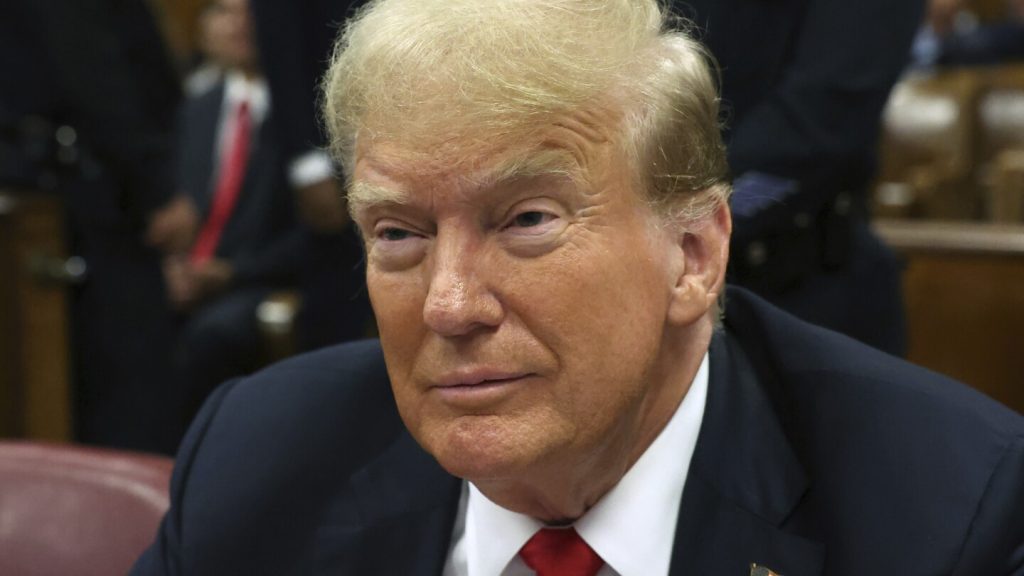The jury in Donald Trump’s hush money trial is set to resume deliberations after asking to rehear crucial testimony about the alleged hush money scheme at the center of the case. Trump faces 34 counts of falsifying business records in connection with a scheme to hide embarrassing stories during his 2016 presidential campaign. The charges stem from reimbursements to his former lawyer, Michael Cohen, for a $130,000 hush money payment to Stormy Daniels. Trump denies the allegations and insists the payments were for legitimate legal services.
The jury deliberated for about 4 1/2 hours without reaching a verdict and requested to rehear testimony from tabloid publisher David Pecker and Cohen about a meeting at Trump Tower in 2015. The meeting was part of a plan to squash potentially damaging stories about Trump, starting the catch-and-kill scheme. Pecker also recounted a phone call from Trump regarding the purchase of Karen McDougal’s story about an alleged affair with Trump. Pecker believed Trump was aware of the story’s specifics and that it would be embarrassing if made public.
A guilty verdict in the trial would have significant implications for Trump’s political future as he seeks to reclaim the White House. However, an acquittal would be a major win for him and could embolden his campaign efforts. The jury must unanimously agree on Trump’s guilt, and a mistrial is possible if they can’t reach a consensus after days of deliberations. Trump did not testify in his own defense, and the jury was instructed not to consider this fact in their decision-making process.
Jurors were provided with extensive details during the trial, including testimony from Cohen and Daniels. Prosecutors emphasized the burden of proving Trump’s guilt beyond a reasonable doubt, while the defense focused on casting doubt on the prosecution’s case. A conviction requires unanimous agreement that Trump created a fraudulent entry in his company’s records with the intent of committing or concealing another crime related to the election law violation.
The jury’s requests to rehear specific testimonies indicate their focus on critical aspects of the case, such as the catch-and-kill scheme and Trump’s alleged involvement in silencing damaging stories. Pecker’s decision to back out of an agreement to sell McDougal’s story to Trump further sheds light on the intricate details of the case. Trump’s response to the trial has been characterized by criticisms of its fairness, and he has expressed uncertainty about the outcome. As the deliberations continue, the jury’s decision will hold significant implications for Trump’s future legal and political challenges.
As the trial continues, the focus remains on the jury’s deliberations and their efforts to reach a unanimous verdict. The prosecution has presented a compelling case against Trump, highlighting the alleged scheme to hide embarrassing stories and the falsification of business records. Meanwhile, the defense has reiterated Trump’s innocence and contested the prosecution’s evidence. The outcome of the trial will not only impact Trump’s legal standing but also his aspirations for the presidency. The jury’s careful consideration of the evidence and testimonies will determine the final verdict and its implications for Trump’s future.


